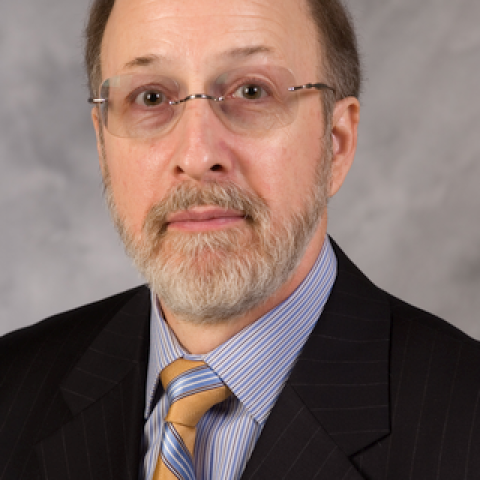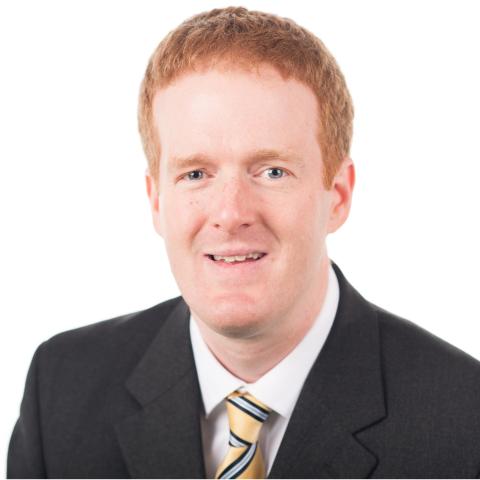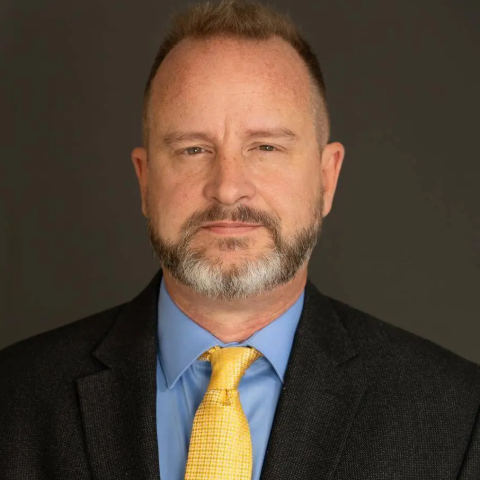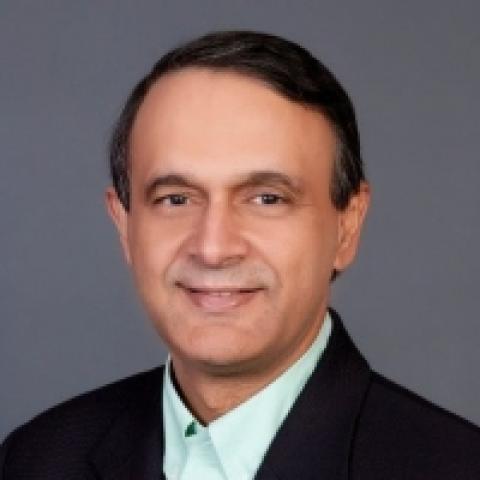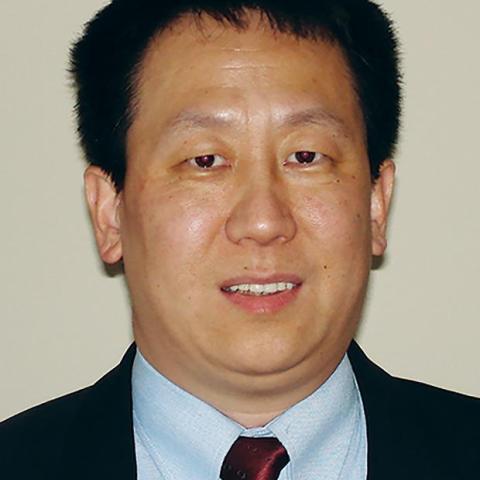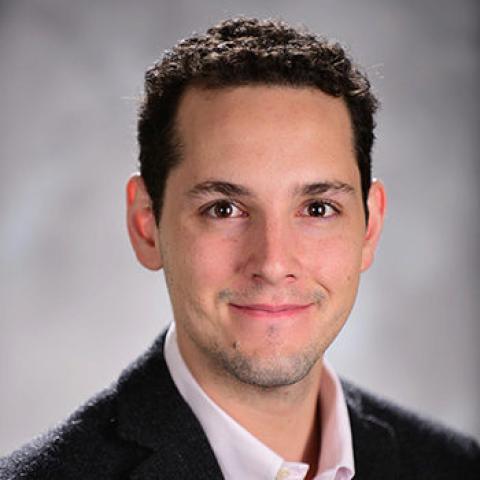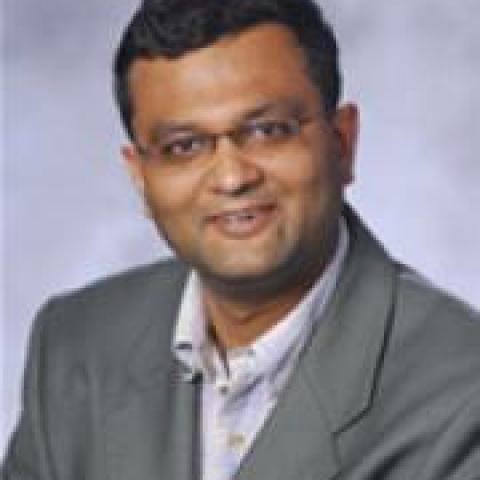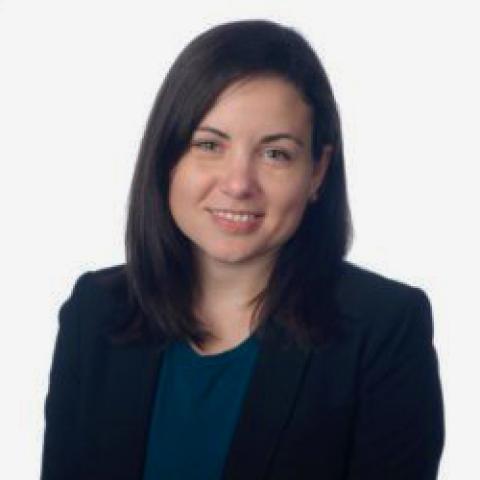Ellen Dunham-Jones
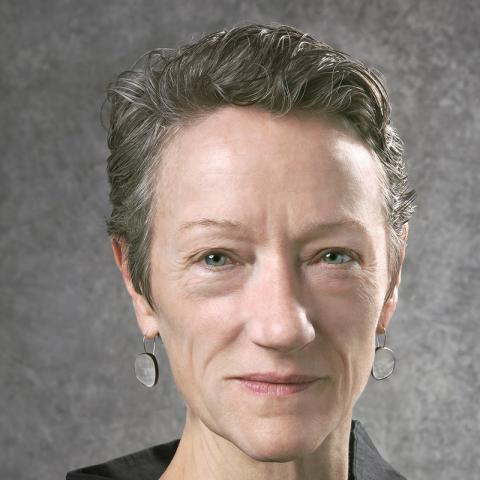
Ellen is Director of the Master of Science in Urban Design degree, an authority on sustainable suburban redevelopment, and a leading urbanist. Author of over 100 articles, she is co-author with June Williamson of the retrofitting suburbia book series documenting successful retrofits of aging big box stores, malls, and office parks into healthier and more sustainable places. Retrofitting Suburbia: Urban Design Solutions for Redesigning Suburbs, (Wiley, 2009, 2011) received a PROSE award as the best architecture and urban planning book of 2009 and has been featured in The New York Times, Time Magazine, Harvard Business Review, NPR, PBS, TED and other prominent venues. Case Studies in Retrofitting Suburbia: Urban Design Strategies for Urgent Challenges (Wiley, 2020) expands on the first book examining how new retrofits are helping communities disrupt automobile dependence, improve public health, support an aging population, leverage social capital for equity, compete for jobs, and add water and energy resilience.
Ellen serves on several national boards and committees, is former Chair of the Board of the Congress for the New Urbanism, lectures widely and conducts community workshops. In both her teaching and research she focuses on helping communities address new challenges that they were never designed for – whether that’s through her unique database of successful suburban retrofits or studio classes on anticipating autonomous vehicles, coping with climate change or suburban blight. She taught at UVA and MIT before joining Georgia Tech as Architecture Program Director from 2000-2009.
- Sustainable Cities and Infrastructure
